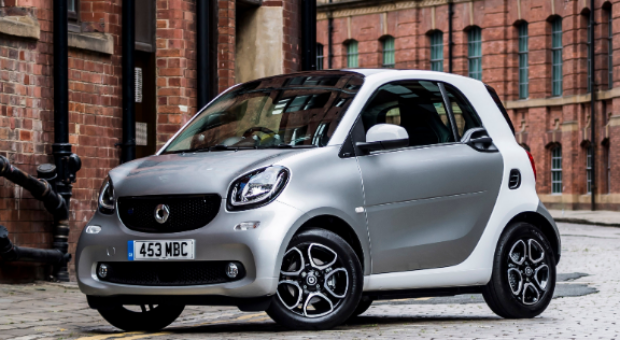
The automotive industry stands on the brink of a revolution, driven by the relentless pursuit of efficiency and sustainability. Hybrid vehicles, which combine the traditional combustion engine with electric power, are at the forefront of this transformation, offering a compelling blend of performance, economy, and reduced environmental impact. As we venture further into the 21st century, the evolution of hybrid technology promises to redefine our driving experience. Here’s an exploration of the state of hybrid vehicles today and a glimpse into their electrifying future.
The Current State of Hybrid Technology
Hybrid vehicles have come a long way since their inception. Initially viewed as a niche market, they have now gained mainstream acceptance, thanks to significant advancements in technology and a growing awareness of environmental issues. Today’s hybrids are more powerful, efficient, and affordable than ever, appealing to a wide range of consumers.
Key Advantages of Hybrid Vehicles
- Fuel Efficiency: By combining a gasoline engine with an electric motor, hybrids can operate more efficiently than traditional vehicles, particularly in stop-and-go traffic where they excel at conserving energy.
- Reduced Emissions: Hybrids emit fewer pollutants compared to their gasoline-only counterparts, making them a greener choice for environmentally conscious drivers.
- Enhanced Performance: The instant torque provided by the electric motor can improve acceleration, making hybrids surprisingly agile and responsive.
Despite these benefits, hybrids face challenges, including higher upfront costs and concerns about battery life and disposal. However, as technology advances and economies of scale are achieved, these obstacles are becoming less significant.
The Future of Hybrid Vehicles
Looking ahead, the future of hybrid vehicles is bright and full of potential. Here are several trends and innovations that are shaping the future of hybrid technology:
Electrification and Plug-in Hybrids
The next wave of hybrid vehicles is likely to emphasize greater electrification. Plug-in hybrids (PHEVs), which can be recharged from an external power source, offer longer electric-only driving ranges, further reducing reliance on gasoline and cutting emissions.
Advanced Battery Technology
Breakthroughs in battery technology are expected to make future hybrids even more efficient and sustainable. Solid-state batteries, for example, promise to be lighter, more energy-dense, and faster to charge than current lithium-ion batteries, potentially revolutionizing hybrid and electric vehicle performance.
Integration with Renewable Energy
The integration of hybrids with renewable energy sources, such as solar or wind power, presents an exciting opportunity. Vehicles that can be charged using renewable energy would further decrease the carbon footprint of driving, aligning with global sustainability goals.
Autonomous and Connected Technologies
Hybrids are also set to benefit from advancements in autonomous and connected vehicle technologies. These innovations could optimize the use of electric and gasoline power for maximum efficiency and even enable vehicle-to-grid (V2G) capabilities, where hybrids contribute surplus energy back to the power grid.
Conclusion
Hybrid vehicles represent a critical step toward a more sustainable and efficient transportation future. As technology continues to evolve, hybrids are expected to become even more efficient, affordable, and integrated with renewable energy sources. The journey towards automotive efficiency is accelerating, and hybrid technology is leading the way, promising a cleaner, greener, and more electrifying future on the roads.
















